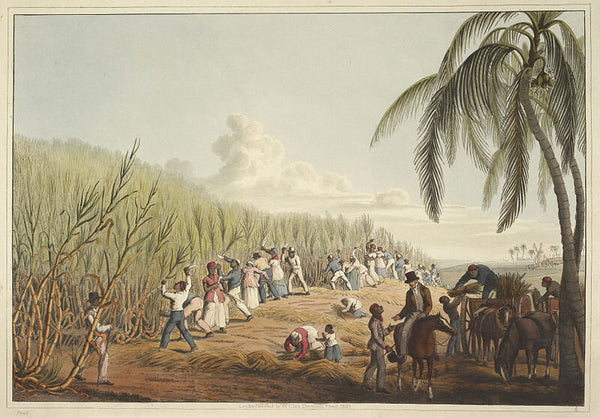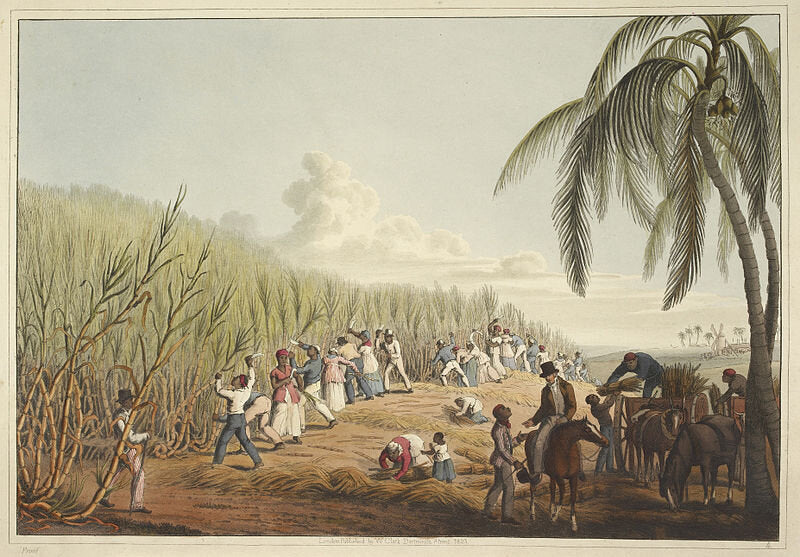
Health
By Sarah-Linda Forrer.


By Sarah-Linda Forrer.

– Martin Luther King Jr.
Time and time again, I see a connection between the major problems we are facing in the world right now, and our industrialised food system.
- Climate change: the nº1 cause of global warming and climate change is the food system
- The world wide epidemic of chronic disease and obesity is obviously also caused by the food system and the terrible “food like substances” people eat
- Yes, even Covid-19 has probably happened because of what humans eat, if it’s true it started on a wet market selling wild animals for slaughter. And I think such a virus could have started just as easily in a factory farm or industrial slaughterhouse or meat processing facility anywhere in the world, if I listen to virus experts
- And something you would maybe not directly link to the food system: racism and inequality
- Dr Mark Hyman
Let me explain.
It’s a complicated, vicious circle, and it goes a bit like this:
- Cheap foods are often the most processed and unhealthy ones you can find
- Poor, disadvantaged and coloured communities often live in neighbourhoods called “food swamps”: places where no healthy food is to be found within large distances, but are filled with unhealthy, cheap fast food and junk food restaurants
- These people are thus more likely to eat bad foods, because of financial and practical reasons (or because that’s just what they’re used to)
- The food industry disproportionally markets junk food to kids
- When kids are hooked to junk food at a young age, they are likely to be hooked forever
- Minorities and black communities are targeted even more by the junk food industry
- Bad food affects the brain, learning qualities, mental health, and the ability to concentrate and make good choices in children (and in adults , too)
- This in turn impacts the choices, abilities and future of these children and adults
- That leads to a vicious circle of bad choices, bad education, bad financial situation, more bad food, bad health and worse choices..
- Although you can hardly call it choices when the junk food is created to be addictive and is omnipresent, the marketing is extremely targeted and the health organisations are corrupted
- Big food corrupts public health and advocacy groups, opposing them for instance to limit the use of food stamps to buy soda (which causes chronic disease - obesity and type 2 diabetes just to name a few)
- This corruption and targeted marketing is not very visible as such, and thus not seen or felt as racism within the targeted communities
- With time, this form of invisible racism becomes internalised, making these junk foods and lack of choices a part of the community (from Native Americans seeing cookies and pie as “traditional” ceremonial foods to soda being the n1 consumption in black and poor communities)
- People of color only make up about 5% of the participants for drug testing, treatment methods, and medical research. The result is poor efficacy, higher mortality rates, and higher costs for these people
- White farmers in the USA are at an overwhelming advantage when it comes to owning land and they see the greatest benefit from the 97% of the income generated by it
- This point is one with a long history, starting with slavery (using the knowledge and labor of African people to cultivate certain crops and build American wealth on their backs), while stealing the land of Native Americans (oppressing and displacing them, cutting their natural water and food supplies, to then later offer them “commodity foods” like white flour and sugar, making them fat and sick and disconnecting them from their land and original foods)
- In the 1920’s, 14% of farmers were black. Now it’s about 2%
- This decline of black, brown, and native farmers means a decline of wealth and continued generational financial hardship. It means a disconnection from history and cultural practices that connect people to the land. It also means that these communities don’t have access to the same fresh, healthy foods as predominantly white communities
- Be aware, know that this happens on a deep level and spread the message
- Eat real food. Do not support these big, industrialised food companies who make astronomic profits from creating disease. McDonald’s, Nestlé, Mars, KFC, Taco Bell, General Mills and Coca Cola are a few of the brands targeting minorities and children the most. There are many more, so just avoid processed foods in general, for your own health too. (My dream is to make these companies go bankrupt or to force them to change dramatically by massively avoiding their products. Will you join me?)
- Support local small farmers and initiatives to bring back real food
- Read, watch and listen to get to know and understand more about it. Here are a few resources:
- A Reparations Map for Farmers of Color May Help Right Historical Wrongs
- Food apartheid: the root of the problem with America's groceries
- How Race and Ethnicity Impact Health Outcomes
- Racism, Farming, And Our Food System
Here are many resources to dive into food system issues
Or just read the book Food Fix which has a whole chapter on racism and inequality issues
watch the movies Fed Up and the Magic Pill
Together we can and should make a difference, and I couldn’t summarize it better than this:
- Dr Mark Hyman